5 Questions With Sistercare
Oct. 13, 2021
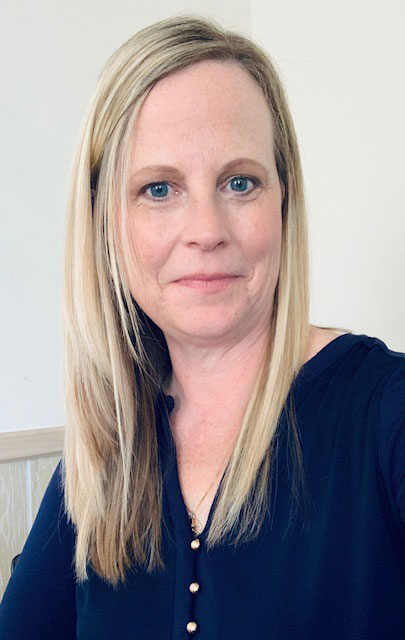
The number of people struggling with intimate partner violence in South Carolina is staggering. In fact, 57 females were murdered by males in South Carolina in 2019. According to the Violence Policy Center, South Carolina ranks number 6 in the United States for the rate of women killed by men.
In 2015, more than 18,000 emergency hotline calls were made to the South Carolina Coalition Against Domestic Violence and Sexual Assault. Organizations like Sistercare in the Midlands, help individuals who face intimate partner violence.
In 2020, Sistercare served 130 adults and 80 children by providing shelter and hotel placement. The organization served more than 4,000 individuals through community-based programs last year. BlueCross BlueShield of South Carolina has supported Sistercare since 1999.
Ann Kita, executive director of Sistercare, advocates for domestic violence awareness and education in our community. Below, she answers a few questions about the work her organization does in South Carolina.
What is one thing you want people to know about Sistercare?
It's important to know our mission is about freeing families from fear. We are a domestic violence service agency offering support to those who are experiencing intimate partner violence. We provide comprehensive trauma informed services. Sistercare offers emergency shelter, court advocacy, counseling and supportive housing programs. We take the time to assess the needs of our clients and their children. We take the time to listen and connect with them. It’s also important to know there is a process of leaving an abusive relationship and we support each survivor in their process of healing. We never shut our door to any individual. We meet the survivors where they are, and we don't walk in front of them. We walk next to them, and we support them.
How has the pandemic impacted the work you do?
We have all had to shift our thoughts on how we deliver services, no matter what profession we're in. Unfortunately, the pandemic created an even thicker wall of isolation for survivors. We knew these survivors were still out there and still needed our help. We looked to see what we needed internally, such as technology, to connect with those who need our help, and we thought creatively on how to continue our connection with our clients through tele-advocacy supportive services.
Survivors who have endured violence have had a person take complete power and control over them, limiting their choices. We didn’t mindfully set out to give them more choices; but tele-advocacy supportive services has provided more choices for survivors to be supported. That has been a huge blessing. I don't foresee any of this tele-advocacy going away.
The other concern we had was for those who may not have technology. We have worked across the organization to look for traditional ways to extend outreach to the community. I commend survivors because they're so creative in how they get in touch with us. Even with the assailant living in the home or the whole family within the same four walls of the home, they find ways to reach out.
October is Domestic Violence Awareness Month. What is a common misconception about domestic violence?
The common thing I hear is that domestic violence only happens to “certain people.” It only happens to the poor, the uneducated, or specific cultural or ethnic groups. And I'm here to voice strongly that domestic violence knows no boundaries. It happens in every ZIP code of this nation. It happens globally. Are there things that intensify domestic violence? Yes, absolutely. There are stressors, but if we provide the opportunity to blame the violence on economic stress, for example, then that gives an excuse and doesn't hold perpetrators accountable for their actions. In terms of domestic violence awareness, if I had a billboard, I would want it to say "intimate partner violence is in your community." This would allow for everyone to know that intimate partner violence is a community safety issue. We all deserve to live without fear, to live free from family violence.
What should people know about domestic violence in South Carolina?
Unfortunately, South Carolina has ranked in the top 10 in domestic violence homicides the last 20 years. That's probably one of the greatest fears working in this field: waking up listening to the news or hearing about a person who has died because of domestic violence. It is important for people to know that many community partners such as law enforcement, attorney general offices, our educational institutions and those in leadership roles for our community’s care about stopping domestic violence. There is still a lot of work to be done, but if people are willing to listen, believe victim’s stories, we can help those in our communities, which include children who may be struggling.
What is something South Carolinians can do to help?
If you run into somebody who may be struggling, the best thing to do is listen. Try not to dictate what the person should do. A lot of people ask why survivors don’t just leave? The abusive relationship developed, like a process. Leaving an abusive relationship is also a process. Be patient. Remember their perpetrator wants to isolate them. If you don’t believe them, and you sever your relationship with them, the perpetrator has won. This kind of support can be difficult for a loved one, a friend, so please offer Sistercare as a support system. Find more about helping a friend on our website.
The other thing people can do is volunteer if they have time or donate money and supplies. We are a nonprofit, and we rely on donations and federal and state funding. We are so grateful to all our donors, like BlueCross. Through supplies such as cleaning supplies, household items such as new towel sets, and financial donations, Sistercare can assure trauma informed services are offered to break the cycle of violence victims and their children experience. I have seen firsthand, like all Sistercare staff, how the community supports victims, they are empowered, and survivors persevere.
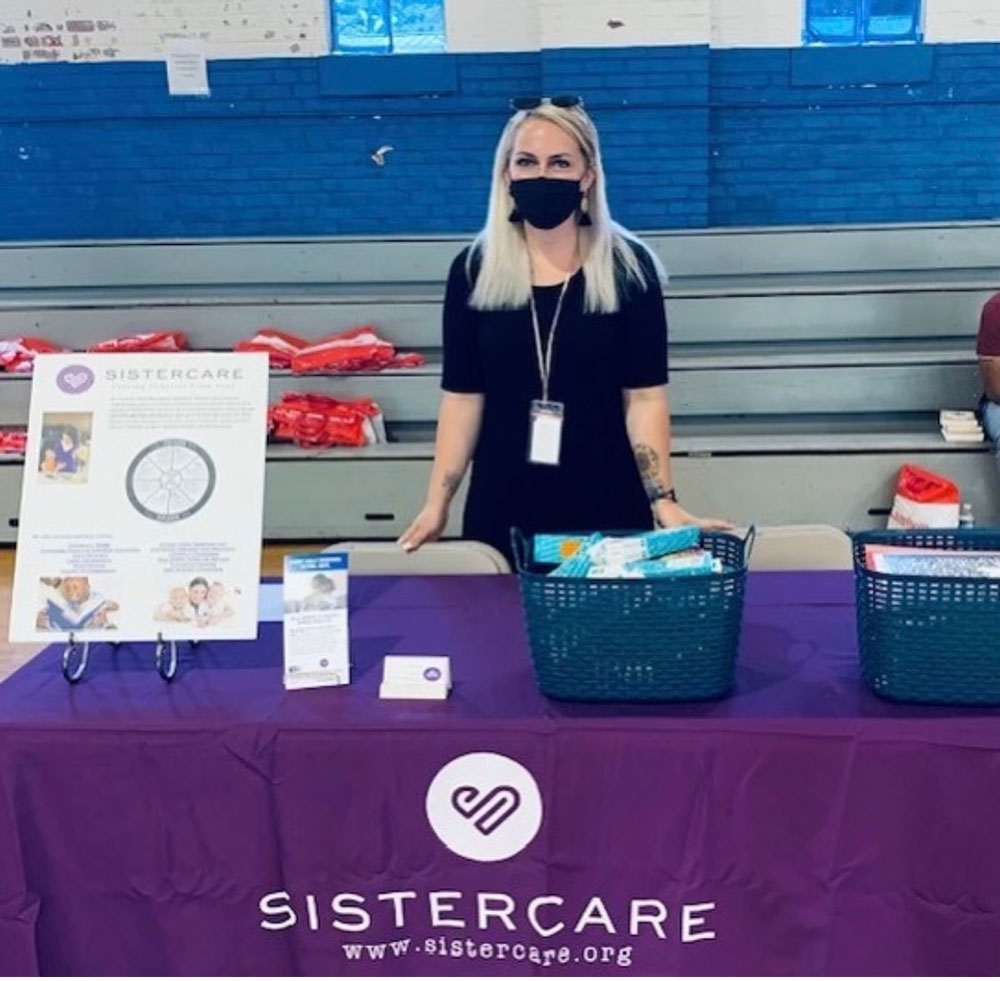
Ann Kita, executive director of Sistercare (above). Volunteer at a community event raising awareness about domestic violence (below).
Important Information for Survivors, Community Members
If you or someone you know is with a victim of intimate partner violence, reach out for help from one of the below organizations.
National Domestic Violence Hotline
800-799-SAFE (7233)
Text START to 88788
Sistercare
803-765-9428
To Volunteer With Sistercare
803-926-0505
To Donate to Sistercare
South Carolina Coalition Against Domestic Violence and Sexual Assault
Related Reading:
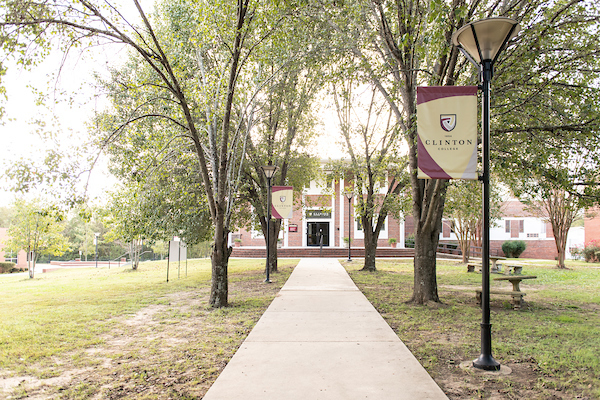 Preparing Students for Successful College Experiences
Preparing Students for Successful College Experiences
Funding from BlueCross to support the state's private, four-year historically black colleges and universities is helping Clinton College prepare first-year students for college.
Read More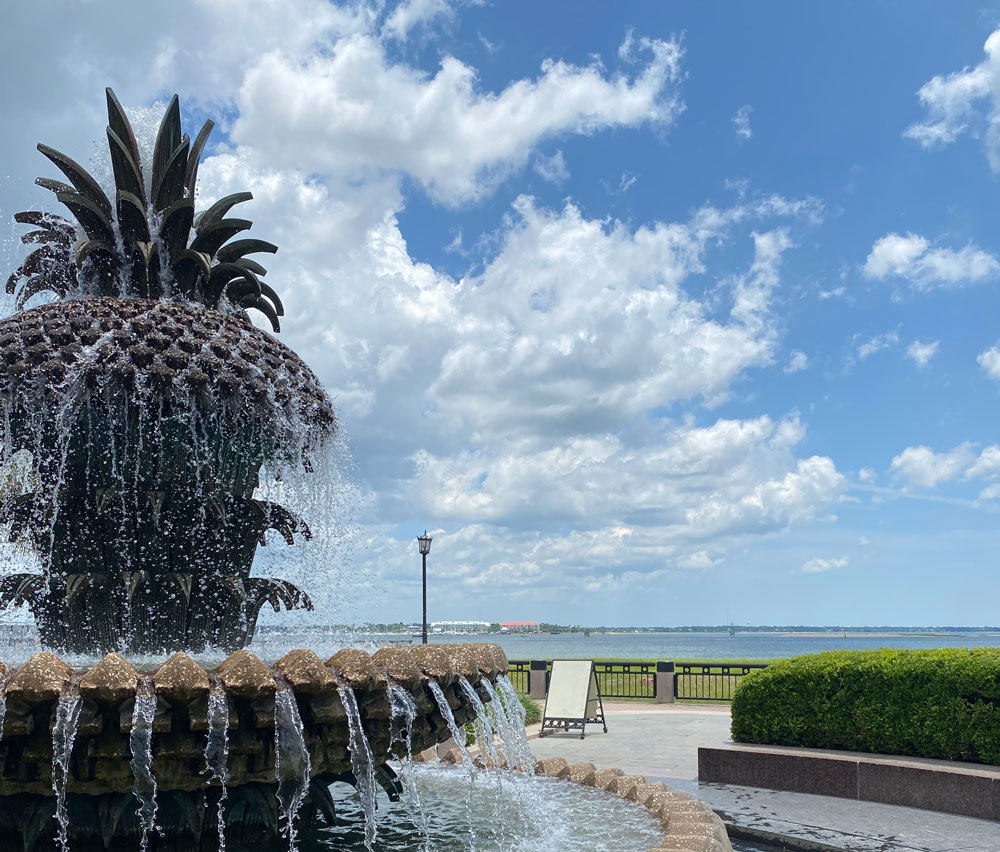 5 Questions With Charleston Parks Conservancy
5 Questions With Charleston Parks Conservancy
Charleston is one of South Carolina’s most recognizable cities and a top tourist destination in the Southeast. The Charleston Parks Conservancy, a private nonprofit that helps maintain the city’s parks, creates community programming to get people outside and into the parks. Samantha Scott, corporate relations manager, discusses the organization's work in the community.
Read More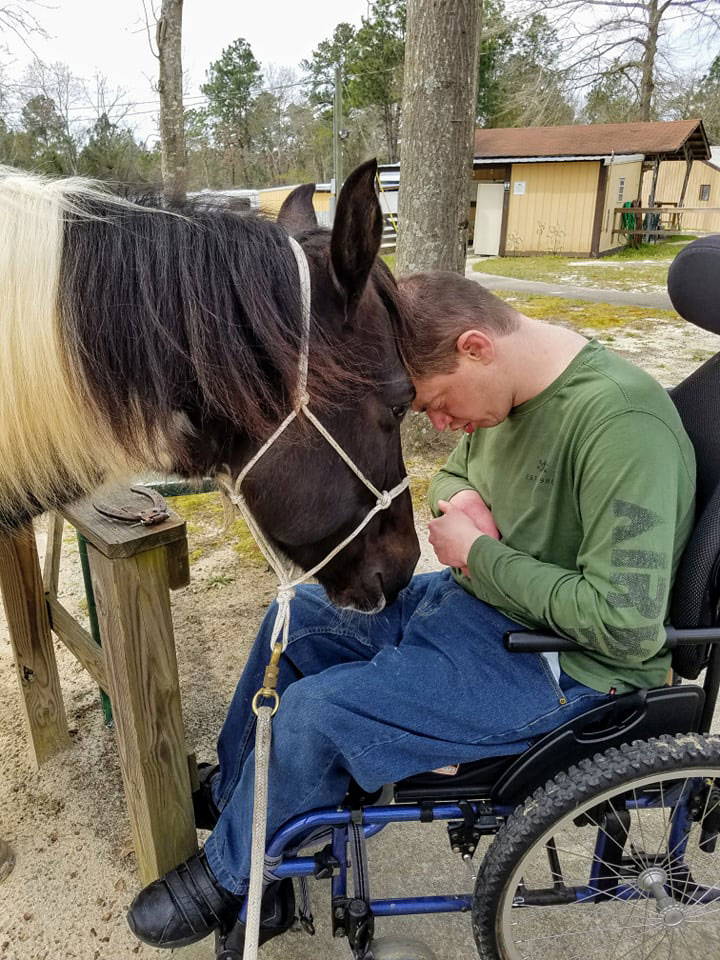 Promoting Philanthropy in the Midlands
Promoting Philanthropy in the Midlands
Each year, BlueCross encourages employees to participate in Midlands Gives. The goal of the event is to raise awareness for nonprofits across the 11 Midlands counties. Midlands Gives enables everyone in the community to take on the role of a philanthropist. Congratulations to this year’s winners of the Board Leadership Prize.
Read More



















